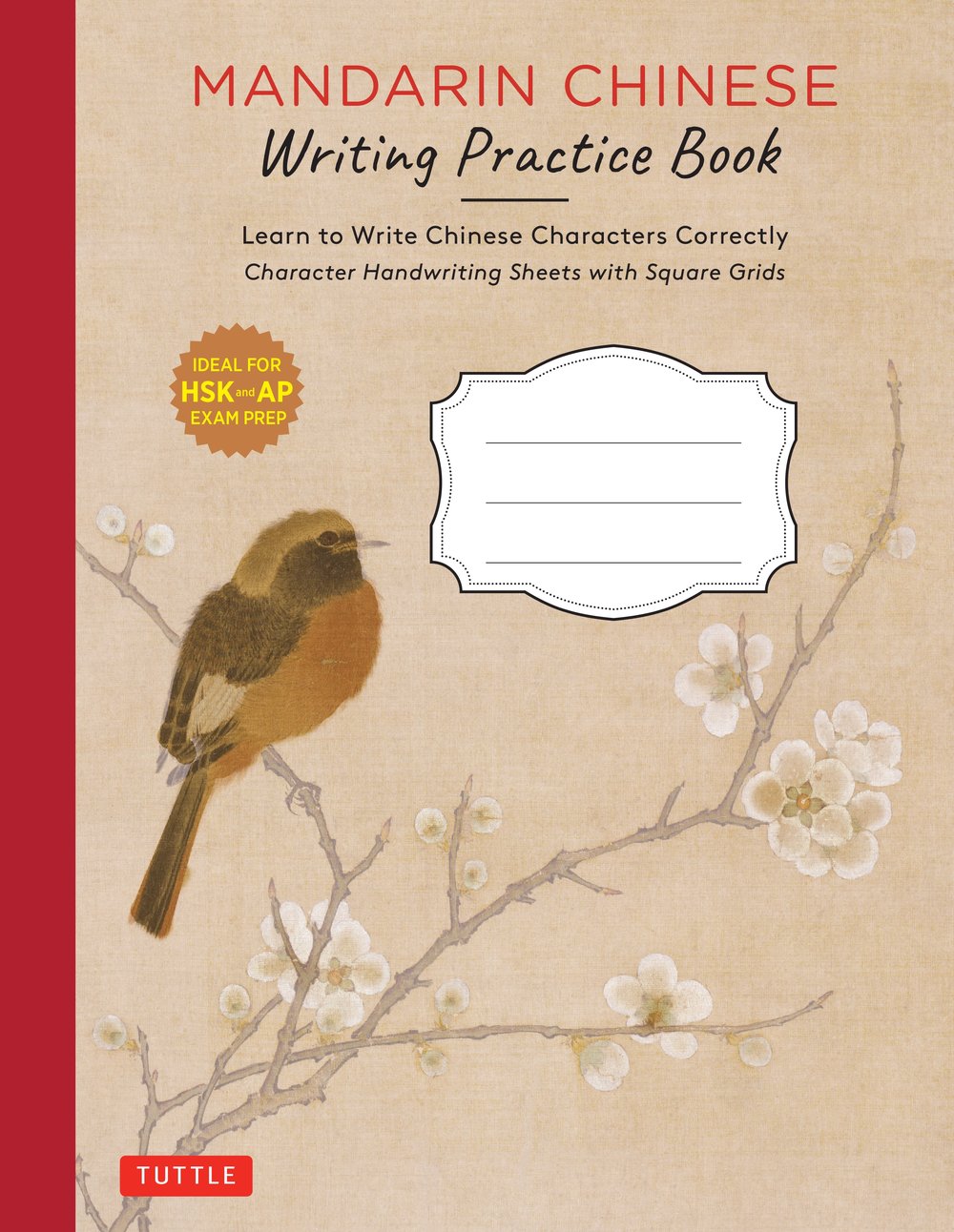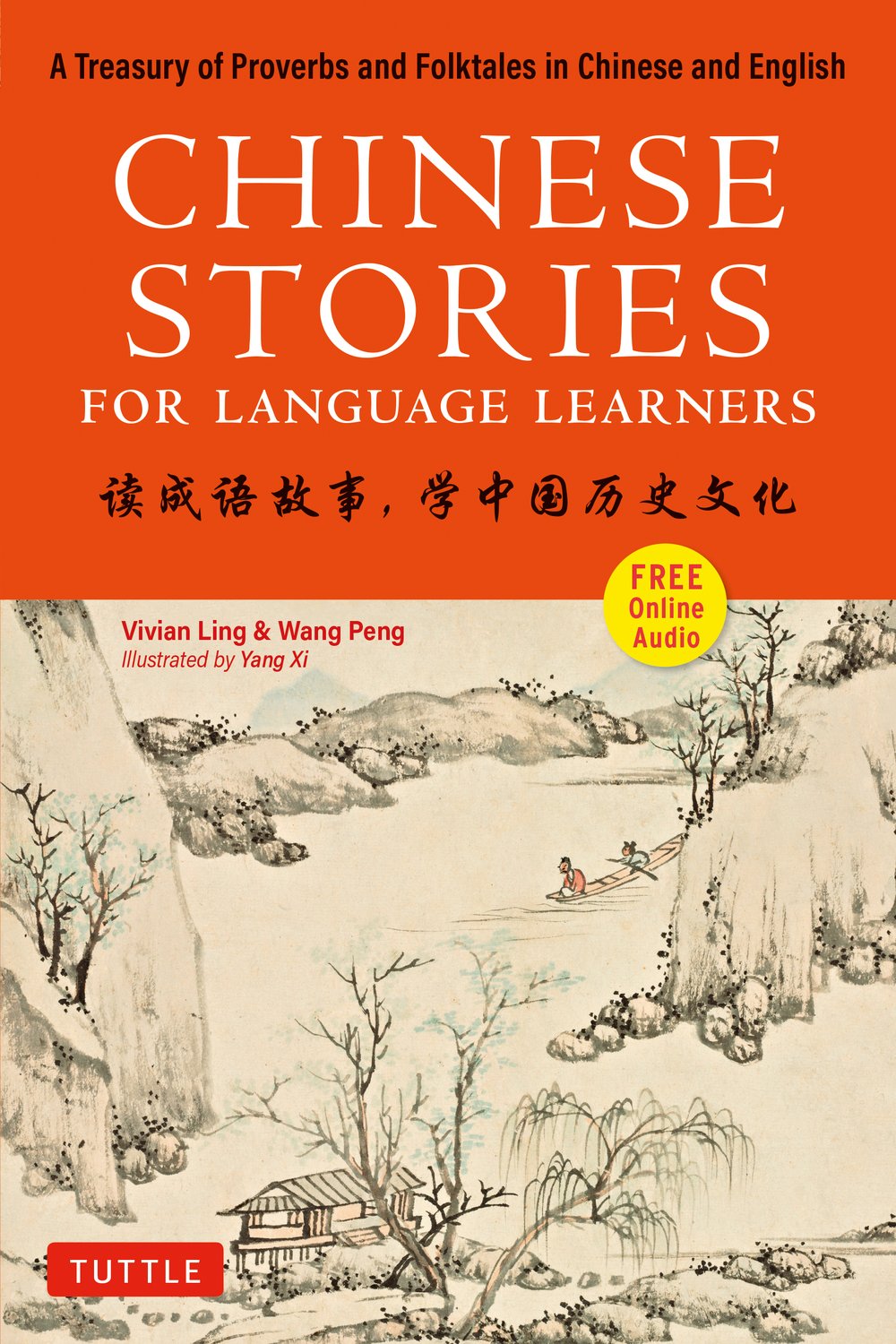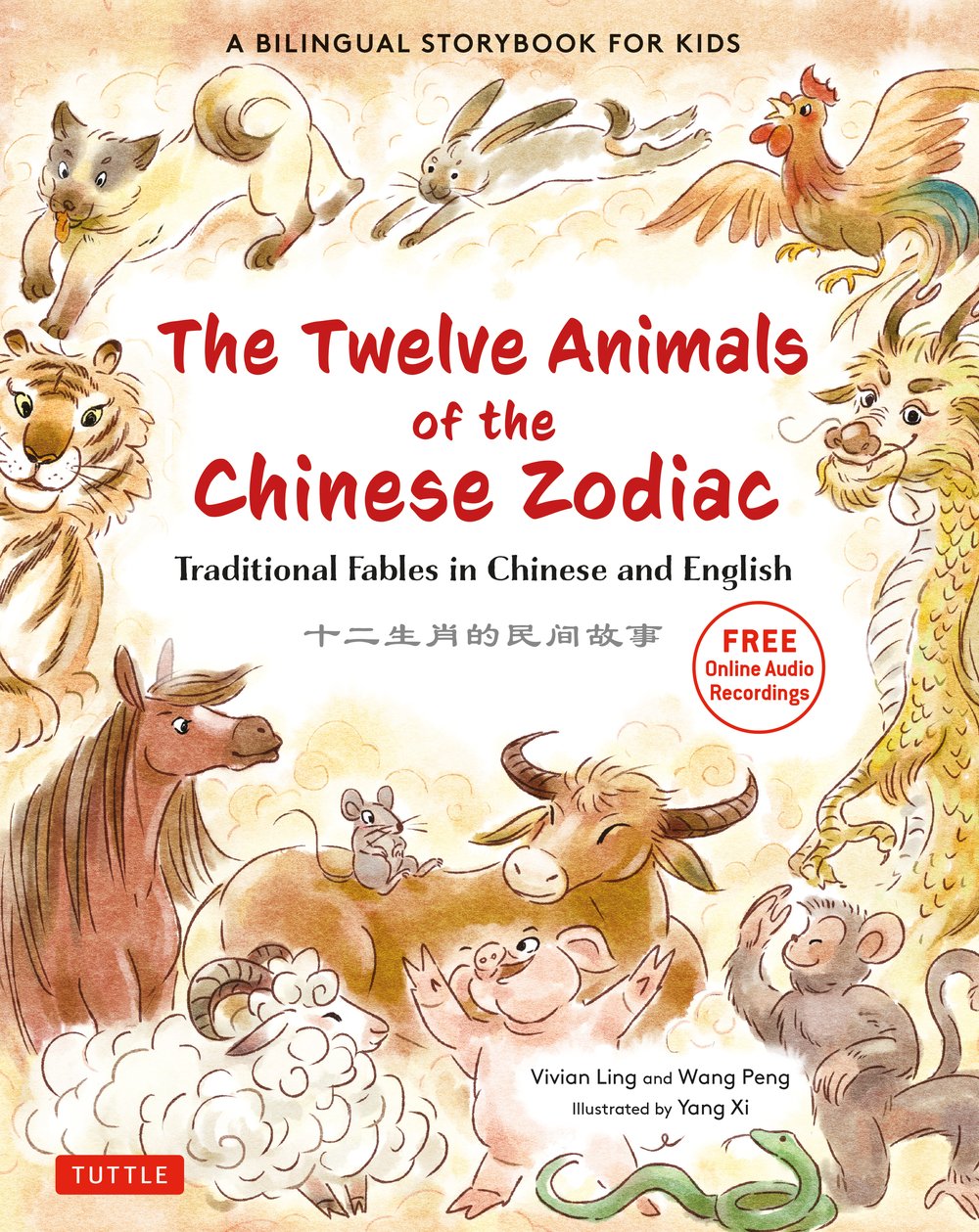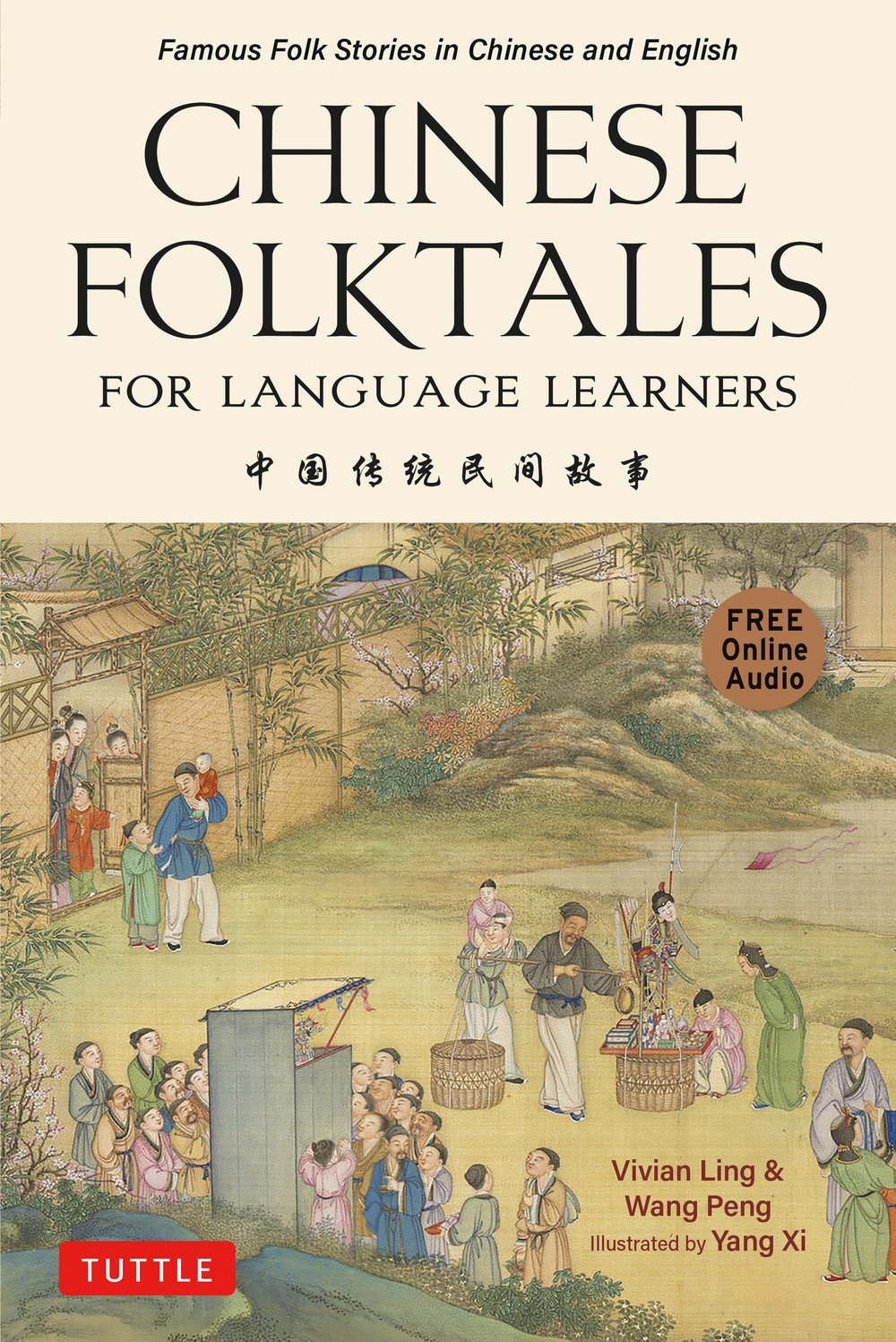Essential Mandarin Chinese Grammar
Write and Speak Chinese Like a Native! The Ultimate Guide to Everyday Chinese Usage

Essential Mandarin Chinese Grammar is a systematic overview of Mandarin grammar, oriented toward self-study, English-speaking students.
Through explanations of common mistakes learners make, useful example sentences and exercises with an answer key, this book provides a detailed introduction to the unique grammar structures of the Mandarin language. Ideal for any student who is interested in taking their skills to the next level, this book makes the difficult task of perfecting grammar efficient, interesting and rewarding. Essential Mandarin Chinese Grammar is a perfect tool to help you form correct and natural-sounding sentences, and determine how to best use the grammar you need for reading or writing Mandarin. Each example and exercise is written in both pinyin and Simplified Chinese Characters to accommodate learners with varying levels of character literacy, including those who have learned only to speak but not read.

Vivian Ling was born in wartime China and educated in the U.S. She taught for 24 years at Oberlin College before moving overseas to direct study-abroad Chinese language programs, most notably the Inter-University Program for Chinese Language Studies at National Taiwan University in Taipei and Tsinghua University in Beijing. Her last position was Director of the Chinese Flagship program at Indiana University. She has authored and edited Chinese language textbooks, dictionaries, books on modern Chinese literature, and most recently The Field of Chinese Language Education in the U.S.: A Retrospective of the 20th Century. She lives in Washington DC.
Peng Wang joined the faculty of the Department of East Asian Languages & Cultures at Georgetown University in 2002, and has taught various levels of Chinese language courses, including Business Chinese and Intensive Chinese for Advanced Beginners. Professor Wang has also taught Chinese language as the chief instructor at the Inter-University Program for Chinese Language Studies at Tsinghua University and as visiting professor at Oberlin College and Brown University. In the summer of 2010 and 2012, Professor Wang served as the academic director for the State Department-sponsored Critical Language Scholarship Program in Shanghai.





